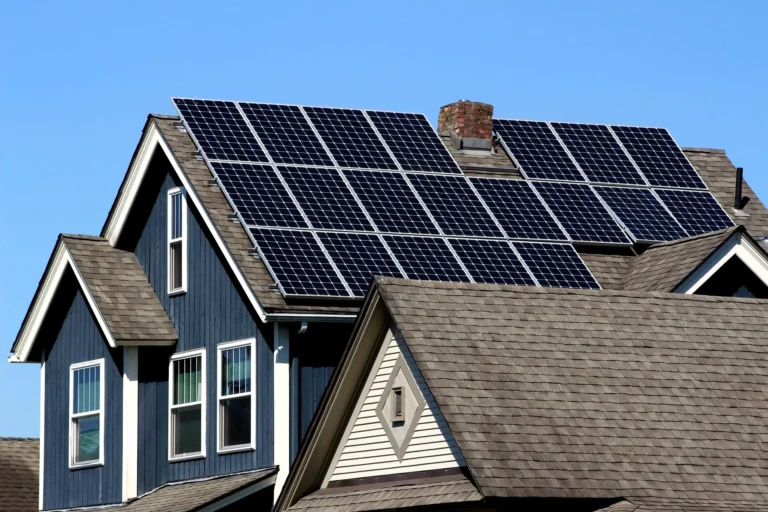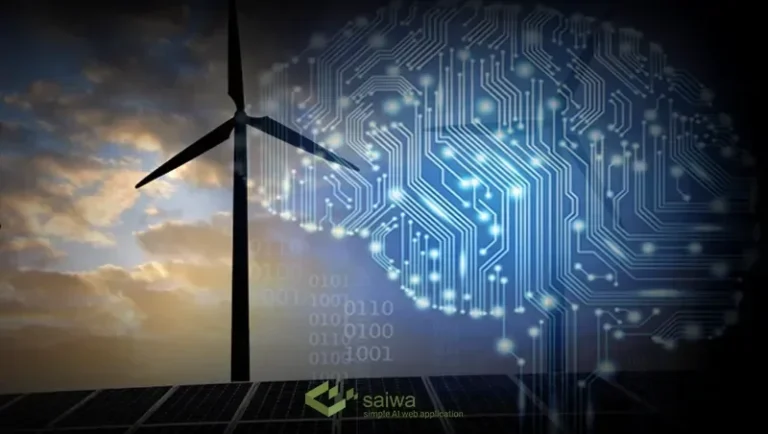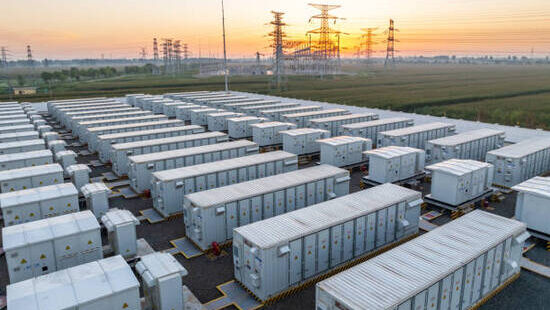
Eaton and Siemens Energy Unite to Revolutionize Data Center Construction with Integrated Onsite Power Solutions
As the digital economy grows rapidly, the demand for reliable, high-capacity data centers is reaching unprecedented levels. Meeting this demand requires innovative solutions that combine speed, reliability, sustainability, and scalability. In response, two global technology leaders—Eaton, an intelligent power management company, and Siemens Energy, a leading energy technology provider—have announced a strategic collaboration that promises to reshape the way data centers are built and powered.
This partnership introduces a fast-track, integrated approach to data center construction, emphasizing onsite power generation and modular system architecture. Together, Eaton and Siemens Energy are aiming to accelerate the delivery of new data center capacity while enabling facility operators to achieve greater energy independence and sustainability.
Addressing an Urgent Market Need
The global explosion in cloud computing, AI processing, big data analytics, and internet services has created an urgent need for new data centers that can be deployed quickly and efficiently, often in locations lacking robust grid infrastructure. Traditional construction timelines are often too slow to meet the speed-to-market demands of cloud service providers and hyperscale data center developers.
Eaton and Siemens Energy’s joint approach seeks to solve this challenge by enabling the simultaneous construction of data centers and their integrated power infrastructure. This removes the bottleneck of waiting for grid upgrades or separate energy installations and opens up more geographical possibilities for deployment.
The joint offering combines Siemens Energy’s expertise in scalable power generation with Eaton’s broad portfolio of electrical systems, delivering a modular, end-to-end solution that is adaptable, energy-efficient, and faster to implement than conventional setups.
A Scalable, Modular Power Plant Concept
At the heart of this collaboration is Siemens Energy’s modular and scalable power plant solution, specifically tailored for data center applications. The baseline design offers a 500-megawatt (MW) capacity using SGT-800 gas turbines, known for their high efficiency and reliability. These plants are designed with built-in redundancy and can include battery storage systems to ensure uninterrupted power delivery.
This modular configuration allows for rapid scalability: the plant can be easily expanded or reduced in size depending on the power needs of the data center. Whether a facility requires just a few megawatts or several hundred, the system can be tailored accordingly.
What sets this concept apart is its future-proofing for sustainability goals. While the initial configuration relies on natural gas, the turbines are compatible with hydrogen-based fuels, allowing a transition to carbon-neutral operations when hydrogen becomes readily available. This aligns with growing industry and regulatory pressures to reduce the carbon footprint of digital infrastructure.
Additionally, Siemens Energy offers an optional clean air grid connection that can be integrated during construction or added later as a retrofit. This emission-free connection enables data centers not just to draw power, but to participate in grid services—contributing to energy stability in their region.
Eaton’s Contribution: Power Infrastructure from Grid to Chip
Eaton brings its deep expertise in power distribution and digital infrastructure to this partnership. The company will supply a comprehensive range of electrical and structural equipment, including:
- Medium- and low-voltage switchgear
- Uninterruptible power supplies (UPS)
- Busways and containment systems
- Racks and structural supports
- Skidded and modular units for fast deployment
This equipment is critical in protecting and enabling IT loads, ensuring data center operations remain uninterrupted and resilient to power fluctuations. Eaton’s systems are designed for flexibility, supporting both traditional grid-connected facilities and those that rely heavily on onsite or hybrid power generation.
Moreover, Eaton offers engineering and software services to streamline the build and commissioning process. Their digital platforms help monitor and manage power usage, detect potential issues, and optimize energy consumption—critical components for operational efficiency and sustainability.
Eaton’s modular design philosophy means that data center infrastructure can be prefabricated off-site, shipped, and assembled rapidly on location. This reduces construction time, minimizes risk, and allows data center operators to bring facilities online in a fraction of the usual time.
A Flexible and Future-Oriented Strategy
Both companies stress the flexibility and speed of deployment as the key advantages of their joint approach. The ability to construct and power a data center in tandem, regardless of existing grid capacity, opens up new possibilities for data center siting. Operators are no longer restricted to urban or industrial zones with mature infrastructure—they can build wherever land, water, gas, and fiber are available.
Cyrille Brisson, Global Segment Leader for Data Centers at Eaton, emphasized the adaptability of their solution. “Our approach of letting customers pick the right balance of energy sources is very flexible,” he said. “Construction to start-up time is swift with options to reduce emissions in both the short and long term. Crucially, our approach offers data center owners and developers the opportunity to build capacity and bring it online fast in any location where they have land available that is close to gas, water, and fiber.”
This freedom is particularly valuable for hyperscalers—companies that require huge amounts of computing power and often need to scale their infrastructure rapidly to meet demand. By accelerating deployment timelines, companies can serve customers faster and capture new market opportunities.
Reducing Emissions and Eliminating Backup Generators
One of the most compelling aspects of this new approach is its impact on sustainability and carbon emissions. Traditional data centers often rely on diesel backup generators, which are carbon-intensive and expensive to maintain. Siemens Energy’s gas turbine-based design, especially when paired with battery storage, eliminates the need for diesel generators entirely.
Andreas Pistauer, Global Head of Sales for Siemens Energy’s Gas Services Business Area, highlighted this environmental benefit. “We offer hyperscalers, co-locators and investors a unique package, enabling them to reduce the time-to-market by up to two years in many places, which leads to significant revenue gains,” he said. “Our power plant design is built with redundancy, eliminating the need for backup diesel generators, and reducing CO2 emissions by about 50 percent.”
As data centers account for a growing share of global electricity consumption, improving their sustainability is a top priority for governments, regulators, and technology companies alike. This collaboration provides a practical, near-term pathway to greener, more efficient operations.
A New Era for Data Center Development
Eaton and Siemens Energy’s partnership represents a transformative shift in the way data centers are built and powered. By combining intelligent power infrastructure with scalable energy systems, they are offering a solution that is not only faster to deploy but also more adaptable and sustainable.
This initiative is expected to have a profound impact on data center planning and development worldwide. As digital services expand and the need for low-latency computing grows, the ability to build and commission facilities in previously unsuitable locations—without compromising on reliability or environmental performance—will be a major advantage.
With this integrated solution, data center developers can move from land acquisition to full operational status in a much shorter time frame, all while maintaining the flexibility to evolve with future energy innovations like hydrogen fuel.







